Greece faces more austerity pain
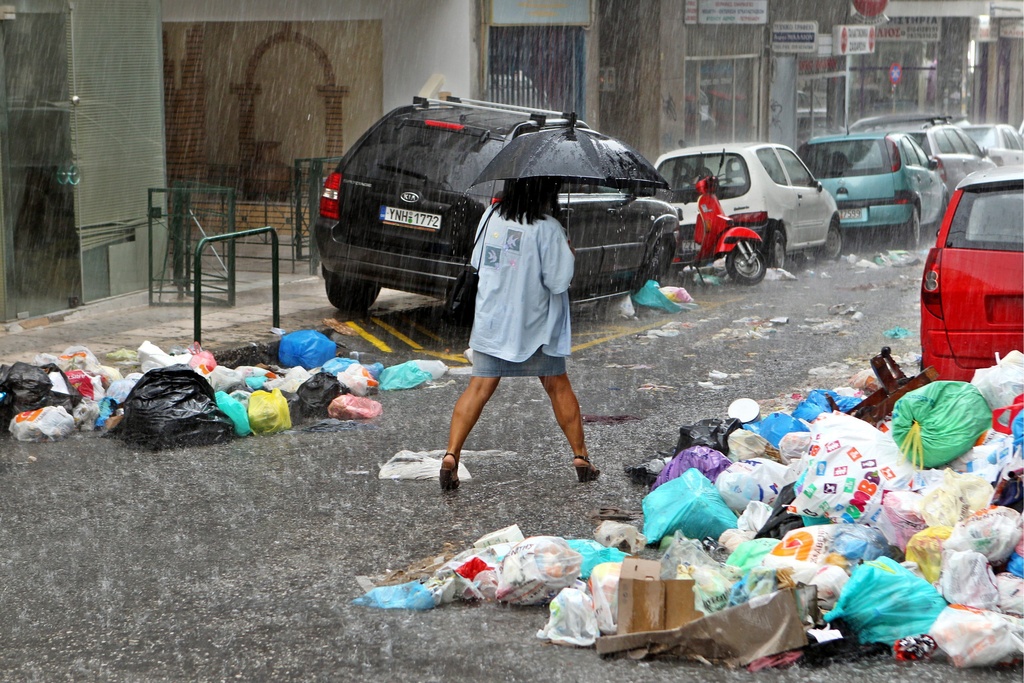
Greece is facing painful economic austerity measures to avoid a chaotic default that risks sucking the eurozone deeper into a debt crisis, Swiss experts say.
Protesters blocked Greek ministries and state workers went on strike on Tuesday while international debt inspectors ended their review of reforms saying the debt-ridden nation was likely to receive urgent aid to keep paying its bills.
As European Union leaders rush to finalise a wide-ranging bailout deal to try to stop the Greek crisis from spinning out of control, inspectors from the European Union, International Monetary Fund (IMF) and European Central Bank – known as the troika – said an €8 billion ($11 billion) loan tranche should be paid in early November.
But they warned that despite some fiscal progress, a privatisation drive and structural reforms were falling short.
Final approval on the loan will not come before the inspectors present a full report to eurozone finance ministers and the IMF board in a week’s time.
Greece, in recession and struggling to contain a public debt expected to hit 162 per cent of gross domestic product (GDP) this year, has promised wide-ranging austerity measures, including deep wage cuts for many public sector workers, huge layoffs and tax hikes that will hit middle class Greeks hard.
But EU and IMF officials have repeatedly criticised Athens for delays in implementing the reforms and eurozone ministers have deferred any release of the aid by a month to November to maintain pressure on the Greek authorities – a move widely predicted by Swiss economists
Economy slowing
The Greek government had promised to reduce its 2011 deficit to 7.4 per cent of gross domestic product (GDP). But it recently announced it is projected to be 8.5 per cent of GDP – down from 10.5 per cent in 2010.
The economy is slowing faster than expected: this year GDP is due to drop by 5.5 per cent rather than 3.5 per cent.
The troika confirmed Greece would miss its 2011 deficit target because of a deeper than expected recession but also slippages in implementation. Additional measures, if applied rigorously, should be sufficient to meet 2012 targets.
But it said even more belt-tightening would be required to achieve 2013-2014 targets and that should be in place by mid-2012.
Greek Finance Minister Evangelos Venizelos welcomed the report, saying Athens would catch up with recommended structural reforms to make the economy more competitive.
He rejected any notion that Greece could be forced out of the common currency.
“Greece is and will always be a member of the euro zone, a member of the euro,” he told a press conference in Athens.
Major dilemma
Janwillem Acket, chief economist at the Swiss private bank Julius Baer, told swissinfo.ch that the Greek financial crisis had created a huge dilemma.
“We have the impression that in trying to cure the sick patient, the doctors are actually killing him. But the patient did not correctly follow their course of medicine; there was no discipline and this means that all efforts to cure Greece are frustratingly difficult,” he said.
Unfortunately the risk that Greece is declared bankrupt by Christmas – while remaining in the eurozone – is growing, said the Julius Baer economist.
Simon Evenett, professor of international trade and economic development at St Gallen University, said the next three weeks would be full of speculation.
Greece left everything to the last minute and is now paying the consequences for a lack of economic rigor, he said.
Stormy end of year
“An inability to collect tax and stagnant export earnings both reduce the likelihood of a full repayment of debts. Both in fact are central to the solvency problems facing Greece, along with a gigantic state budget deficit created by greater stimulus spending during the global economic crisis,” said Evenett, in a recently penned essay “When will Greece finally default?”
“I don’t believe the calm will return. It is difficult to estimate when the instability will end. There is Greece, but we must also look closely at Spain and Italy, who are also working on their own reforms,” he told swissinfo.ch.
The EU postponed a summit by a week on Monday to allow time for a broader solution to the debt crisis. The leaders of Germany and France gave investors some hope on October 9 by promising a plan soon to recapitalise Europe’s banks.
They gave no details of their proposals but said they would also cover closer euro zone integration and steps to tackle Greece’s debt mountain and prevent financial market contagion.
Slovakia’s parliament rejected a key euro bailout bill – the European Financial Stability Facility (EFSF) – on October 11. The vote triggered the collapse of the government, but the outgoing prime minister and her main opponent both said they would work to approve the bill quickly.
On October 12 Slovak media reported that parties in the outgoing government had reached an agreement with opposition leader Robert Fico to ratify the EFSF bill. No details were given.
The bill was seen as vital in combating the bloc’s debt crisis. Measures include expanding the size of the fund to an effective lending capacity of €440 billion, giving it the power to buy eurozone government debt and offer credit lines to member states and to banks. But market analysts suggest the fund needs to be nearer €2 trillion euros to be effective.
After Malta approved the plans on October 10, Slovakia was the last of the 17 member states to vote. All other members have approved the measures.
According to the Greek Finance Ministry, around €38 billion (SFr47 billion) left Greece for Swiss banks between January 2010 and June 2011.
Athens says there are around €280 billion of Greek funds held in Switzerland, which has meant an annual loss of SFr10 billion in tax income for the Greek treasury.
This is in contrast to the Swiss National Bank (SNB)’s figures: SFr2.2 billion of Greek funds held in Swiss banks up to the end of 2009. The SNB acknowledges that this does not include investments in financial bonds.

In compliance with the JTI standards
More: SWI swissinfo.ch certified by the Journalism Trust Initiative









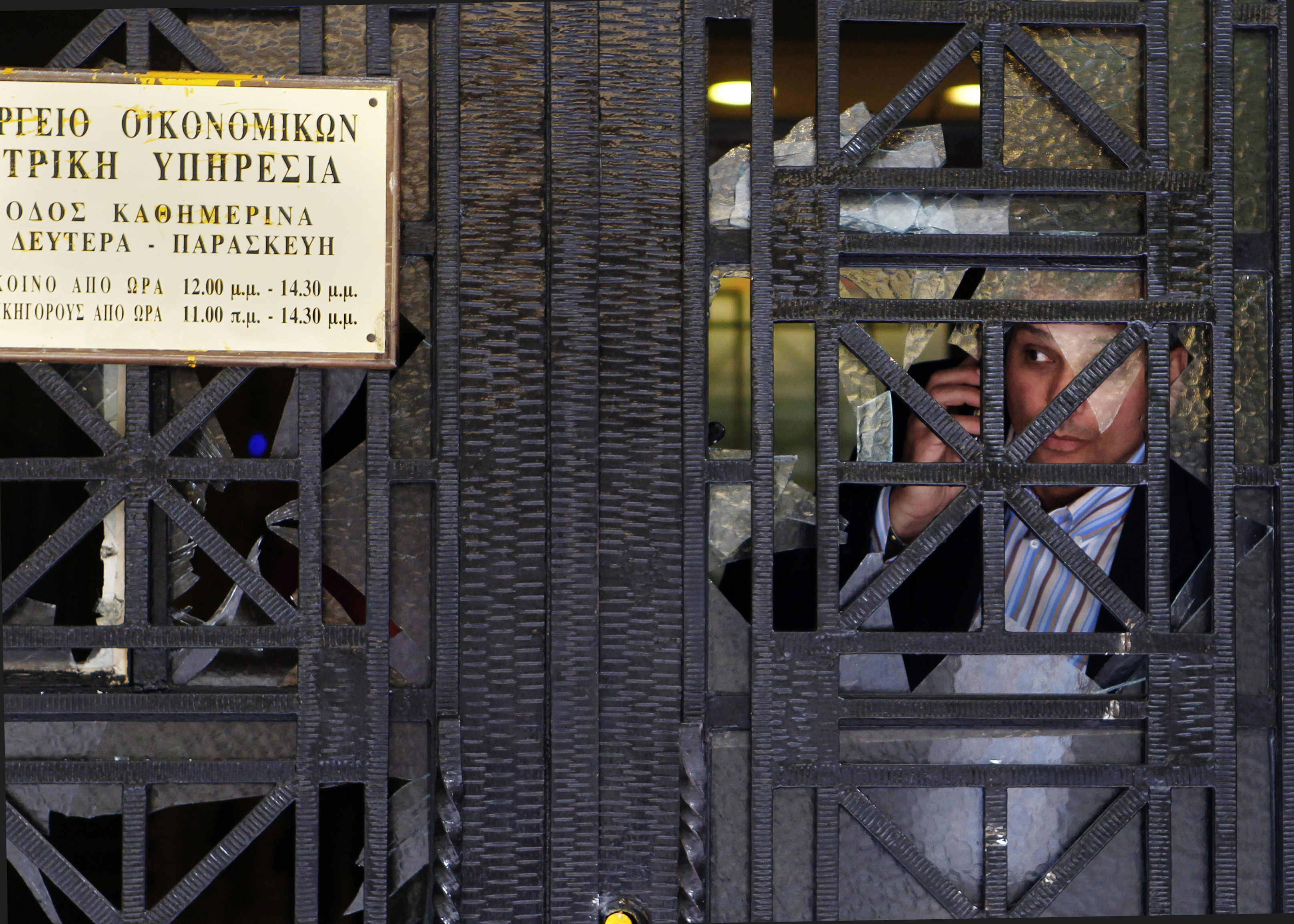
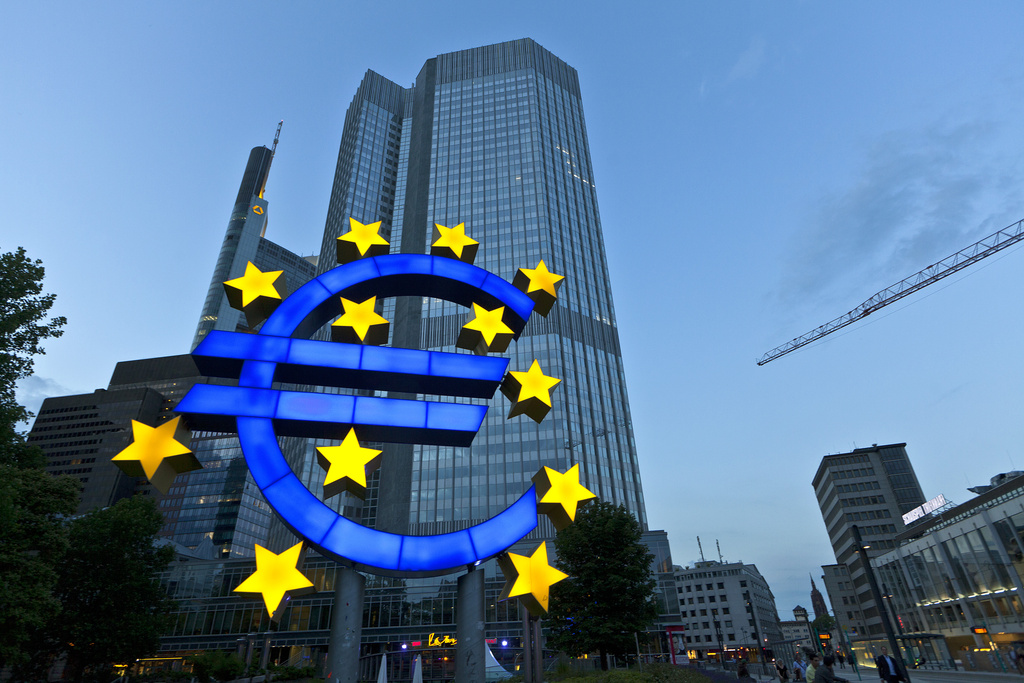

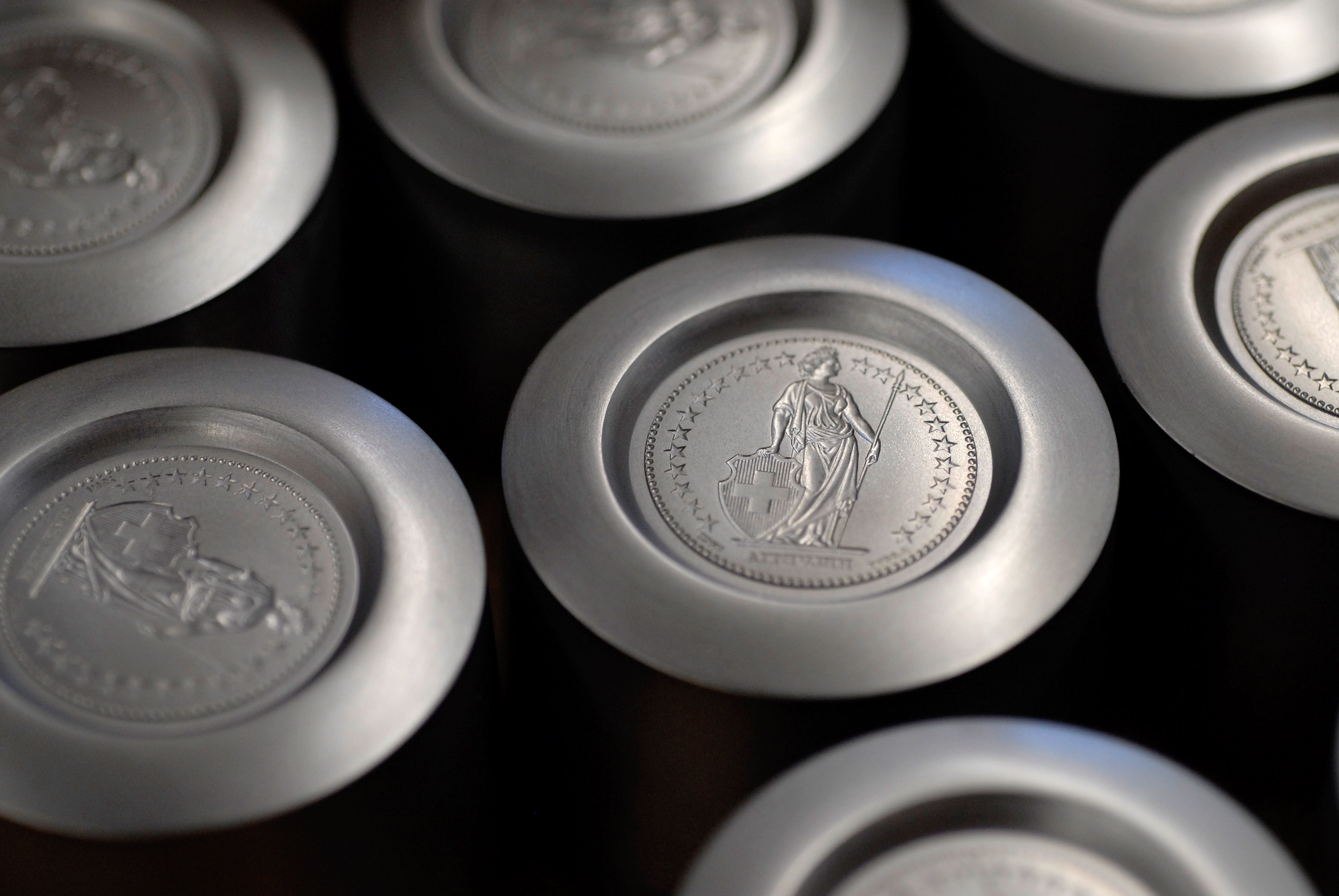
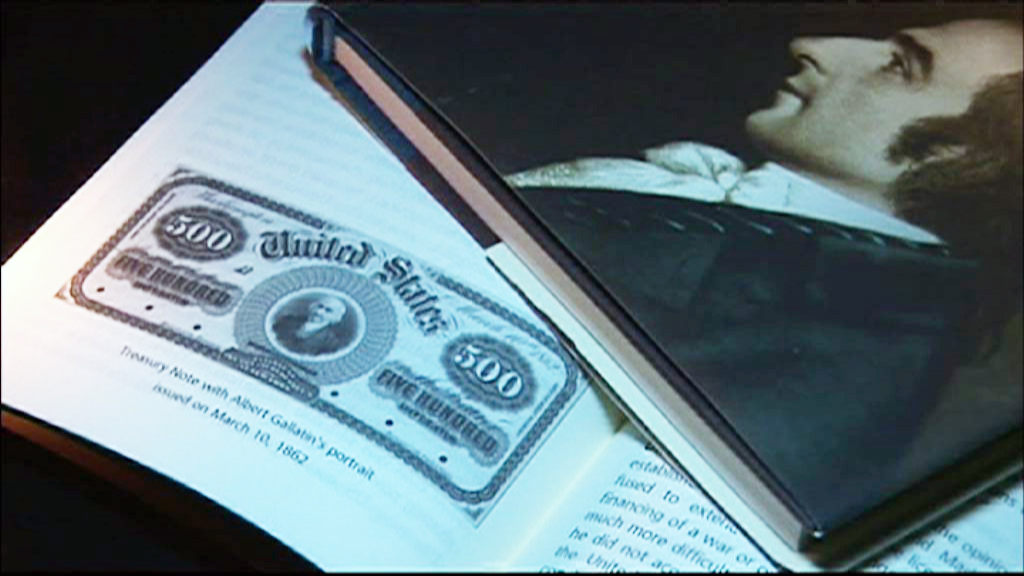
You can find an overview of ongoing debates with our journalists here . Please join us!
If you want to start a conversation about a topic raised in this article or want to report factual errors, email us at english@swissinfo.ch.